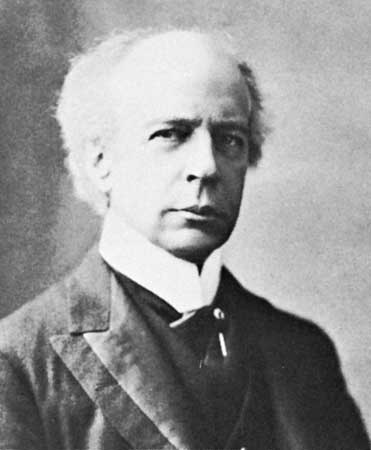httpv://www.youtube.com/watch?v=Nny5KfI_nks&feature=related
“Beanstock Bunny”
I can’t even pretend embarrassment here. These Warner Brothers cartoons are classics — they’re funny and grownup and look pretty good after almost sixty years.
I also confess a preference. Sure, Bugs Bunny is the breadwinner, but I always sorta preferred Daffy Duck. The two of them in combination is of course irresistible: eiron vs alazon.
And that reference provides the cue to exploitable Frye-relevance. Here he is in “Towards a Theory of Cultural History”:
The conception of irony meets us in Aristotle’s Ethics, where the eiron is the man who deprecates himself, as opposed to the alazon. Such a man makes himself invulnerable, and, though Aristotle disapproves of him, there is no question that he is a predestined artist, just as the alazon is one of his predestined victims. The term “irony,” then, indicates a technique of appearing to be less than one is, which in literature becomes most commonly a technique of saying as little and meaning as much as possible, or, in a more general way, a pattern of words that turns away from direct statement or its own obvious meaning. (CW 21, 157)
And here he puts the animated cartoon in the context of the “media revolutions” he’d experienced in his lifetime:
In my childhood were the silent movies, which were lineally descended from the puppet show. The comedies of Larry Seton, Harold Lloyd, Mack Sennett, were funny in a way that no spoken comedy can possibly be: naturally the spoken lines, which had to be printed, were kept to a minimum in any case. I remember seeing a movie, colored and talking, which was a comedy, and being bored by it: but at the beginning there was a reference to the early knockabout silent comedies of the pie-throwing kind, with a brief illustration, and I laughed until I nearly fell out of my seat. Similarly, with children at a Punch and Judy show. Some types of movie, notably the Disney and other animated cartoons, continued this totally disembodied puppet convention: in television it only survives in things like Sesame Street, which are addressed to small children. (CW 25, 197)
Phew! Without further ado, more Bugs and Daffy after the jump.
